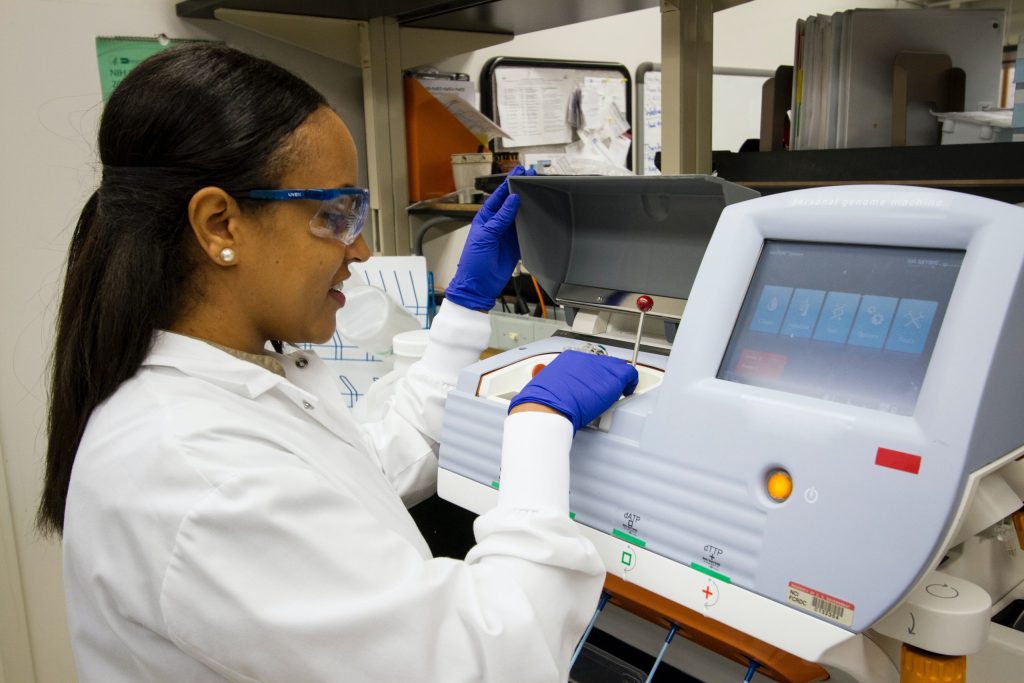Industry Discussions
The Impact of COVID-19 on Clinical Trials
Table of Contents
ToggleAQ

Challenges and Innovations
Introduction
The emergence of the COVID-19 pandemic in early 2020 had a profound impact on various aspects of society, including the field of clinical trials. The global health crisis posed significant challenges to ongoing trials and raised concerns about participant safety, trial continuity, data integrity, and regulatory compliance. In this blog post, we will explore the impact of COVID-19 on clinical trials and discuss the challenges faced by researchers, as well as the innovative solutions and adaptations that emerged during this unprecedented time.
1. Trial Disruptions and Delays
The pandemic led to disruptions and delays in clinical trials across the globe. Lockdowns, travel restrictions, and overwhelmed healthcare systems made it difficult to recruit and retain participants, monitor trial progress, and conduct in-person visits. Many trials had to be put on hold or modified to adapt to the new circumstances. Delays in enrollment and data collection not only affected the timely completion of trials but also had implications for drug development, regulatory approvals, and patient access to potentially life-saving treatments.
2. Participant Safety and Ethical Considerations
Ensuring participant safety and upholding ethical standards became a significant concern during the pandemic. With the risk of COVID-19 transmission, researchers had to reassess the potential risks and benefits of trial participation. Protocols were modified to minimize participant exposure, including implementing remote monitoring, telemedicine visits, and home delivery of study drugs. Ethical considerations required balancing the urgency of trial continuation with participant well-being, resulting in difficult decisions for both researchers and participants.
3. Regulatory Flexibility and Adaptations
Regulatory agencies recognized the unique challenges posed by the pandemic and responded with increased flexibility and adaptations. Expedited review processes, virtual inspections, and guidance on protocol modifications were implemented to support trial continuity. Regulatory agencies, such as the FDA and EMA, provided specific guidance to address COVID-related issues and ensure patient safety without compromising data integrity. These adaptations fostered collaboration and innovation in the clinical trial ecosystem, accelerating the development and approval of potential treatments and vaccines.
4. Adoption of Digital Solutions
The pandemic accelerated the adoption of digital technologies in clinical trials. Virtual visits, telehealth consultations, and remote monitoring tools emerged as viable alternatives to traditional in-person visits. These digital solutions allowed researchers to maintain contact with participants, collect data, and monitor safety remotely. Additionally, electronic data capture systems, e-consent platforms, and decentralized trial models became more prevalent. The use of wearable devices and smartphone applications for data collection and patient-reported outcomes also gained prominence. These digital innovations not only addressed immediate challenges but also highlighted the potential for increased efficiency and patient-centricity in future trials.
5. Collaboration and Global Cooperation
The COVID-19 pandemic underscored the importance of collaboration and global cooperation in clinical trials. Researchers, sponsors, regulatory agencies, and healthcare providers joined forces to expedite the development and evaluation of COVID-19 treatments and vaccines. Data sharing and open science initiatives allowed for rapid dissemination of knowledge and facilitated the identification of effective interventions. The pandemic demonstrated the power of collective efforts and the necessity of global collaboration to overcome health crises.
Conclusion
The COVID-19 pandemic presented unprecedented challenges for clinical trials worldwide. However, it also catalyzed innovation, flexibility, and collaboration within the research community. The adoption of digital solutions, regulatory adaptations, and global cooperation demonstrated the resilience and adaptability of the clinical trial ecosystem. As we emerge from the pandemic, these lessons can guide us in building a more efficient, patient-centered, and resilient clinical trial infrastructure. By leveraging the innovations and collaborations that emerged during this crisis, we can continue to advance medical research, improve patient outcomes, and be better prepared for future challenges.
Related Articles

Industry Discussions
Apprehensions of Clinical Trial Management in the Era of Digital Transformation
In recent years, digital transformation has revolutionized various industries, including healthcare. One area greatly impacted by this transformation is clinical trial management. While digital technologies offer numerous benefits to streamline and enhance the clinical trial process …
AQ

Industry News
Clinical Trials and the Future
Introduction: Clinical trials have long been the backbone of medical research, playing a vital role in advancing healthcare and bringing innovative treatments to patients. Over the years, these trials have undergone significant transformations, driven by advancements in technology, changing regulatory landscapes, and a greater emphasis on patient-centricity. As we look towards the future, clinical trials hold immense potential to shape the healthcare landscape and usher in a new era of medical breakthroughs …
AQ
